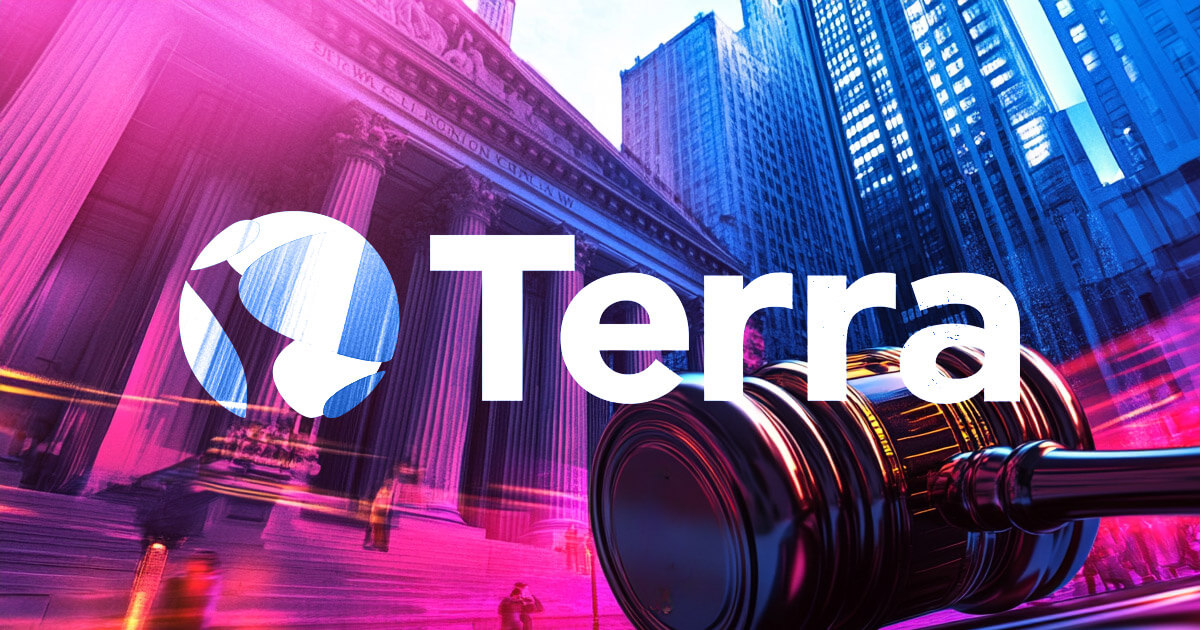Authorities worldwide have grown skeptical of OpenAI CEO Sam Altman’s newest cryptocurrency project, which scans user irises in exchange for tokens, to the point of at least one country suspending operations.
Kenya’s interior ministry announced on Thursday that it was suspending local activities of WorldCoin until government agencies could ascertain the risks that the technology could pose to the public. While the review is underway, a main concern is whether and how the organization obtained user consent for data collection through financial compensation.
(Business Wire / AP Photos)
SOCIAL SECURITY UPDATE: DIRECT PAYMENT WORTH UP TO $4,555 GOES OUT TO MILLIONS IN SIX DAYS
It is the heaviest restriction to be placed on the cryptocurrency startup since its launch last week. The project is marketed as a way to counter the adverse effects of artificial intelligence by proving that users are human and by providing an infrastructure for a universal basic income.
“Relevant security, financial services, and data protection agencies have commenced inquiries and investigations to establish the authenticity and legality of the aforesaid activities,” Interior Minister Kithure Kindiki said in a statement.
CNIL, France’s privacy watchdog, said on July 28 that the legality of WorldCoin’s data collection practices appears to be “questionable” and that it intended to make a legal inquiry into the company’s data collection practices.
The United Kingdom’s data regulator announced on July 25 that it intends to examine the legal particulars of WorldCoin.
At least one German politician has also accused the network of being used for international surveillance. “The eye scanner was not developed for medical purposes, but serves to collect biometric data,” Christina Baum, a member of the far-right German political party Alternative for Germany, said in a statement. “These devices are used solely for the global monitoring of people.” Baum holds a role in the Bundestag, Germany’s federal parliament.
Baum said that users whose eyes are scanned can have their activities “permanently tracked,” including their movement patterns and purchasing habits. “The transparent human being is thus becoming a reality. And that is more than frightening.”

(Business Wire / AP Photos)
The Altman-backed startup gained early traction before its currency launch last week by signing up users worldwide to receive tokens in exchange for scans of their irises via a device known as an “orb.” The scans are designed to help users distinguish between humans and bots and, in time, provide a universal basic income to help minimize job losses caused by the growth of artificial intelligence.
CLICK HERE TO READ MORE FROM THE WASHINGTON EXAMINER
The iris scans create a “digital passport,” which helps confirm if a user is an actual person. While the idea has drawn criticism over possible security breaches, Worldcoin co-founder Alex Blania told Reuters that Worldcoin’s blockchain-based approach to data storage would be designed to preserve users’ privacy.
Worldcoin also announced that it was scaling up its “orbing” operations and would launch new sites for data collection in 35 cities across 20 countries. The project has 2 million users worldwide.
Credit: Source link















































